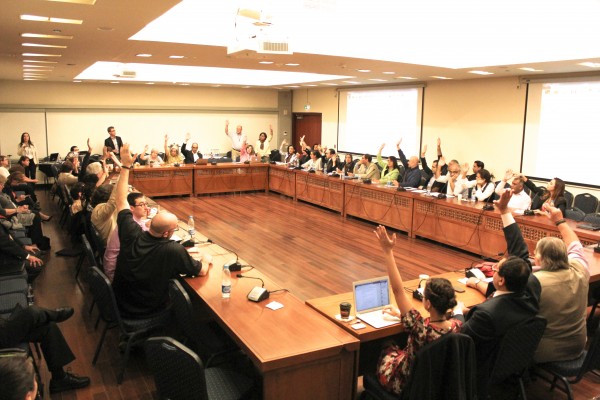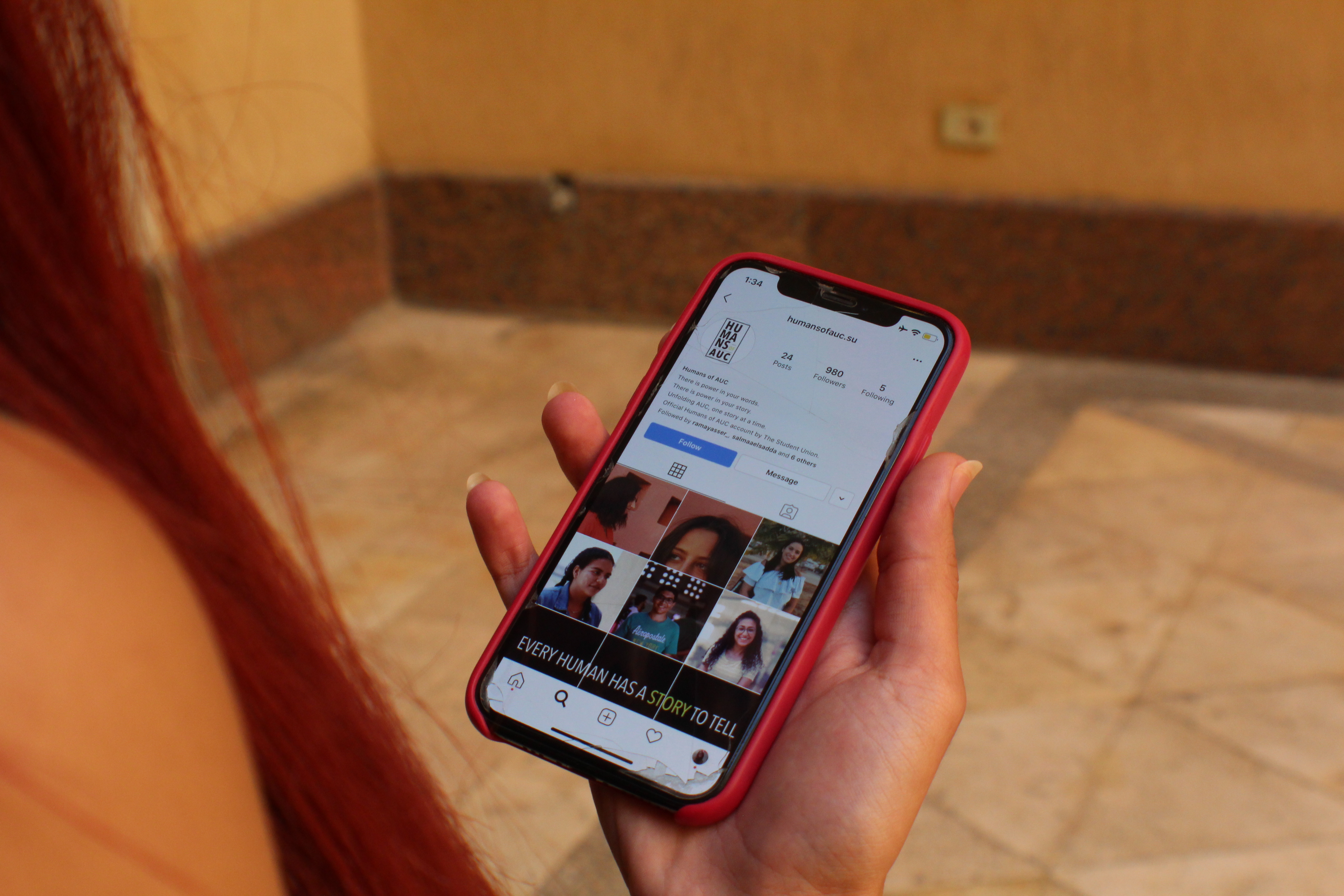The System Requires Your Buy-In
By: Hanya Captan
Editor-in-Chief
In one of our articles this week, students voiced their reluctance to report symptoms because of the extensive protocols they must follow, which can lead to missed classes.
Not only do we empathize, but can also relate. However, reporting symptoms remains a challenging necessity.
At the end of our first week on campus, I felt feverish. If this had happened to me under normal circumstances, I probably wouldn’t have paid it any mind. But what worried me then was that the symptoms I experienced felt exactly like the ones after I received the first vaccine dose.
I rode the bus to campus, and was in classes with many students – I was exposed to a lot of people.
I filled in the self-check honestly, and my professors were understanding when I let them know I wouldn’t be coming to class.
I waited for the clinic to get back to me, and started reviewing the university’s protocols.
I ended up missing a week of classes and although my professors were supportive, I was still worried that at some point they might think I was making up excuses.
I wasn’t.
Soon, the missed coursework piled up and I felt disoriented as I tried to catch up. I couldn’t help but feel the clinic’s protocols were a bit overzealous.
But if you put things into perspective, they’re not. We’re experiencing one of the most challenging global crises of the past century. These are not normal times. And going about our daily lives as if everything is normal is tantamount to the ostrich putting its head in the sand.
The coronavirus is a merciless, mutating, marauding killer. Yes, a killer. You and I might be healthy and if we get infected, we survive mild to moderate symptoms. But we could infect someone else who is immunocompromised – people with diabetes, high blood pressure, multiple sclerosis and other illnesses.
And that’s critically where the problem lies. The doctors at the clinic are overwhelmed and need our support. It starts with masking and maintaining distance.
It’s up to us whether we stay on campus and interact with the community or we go back home and live life through a computer screen.




